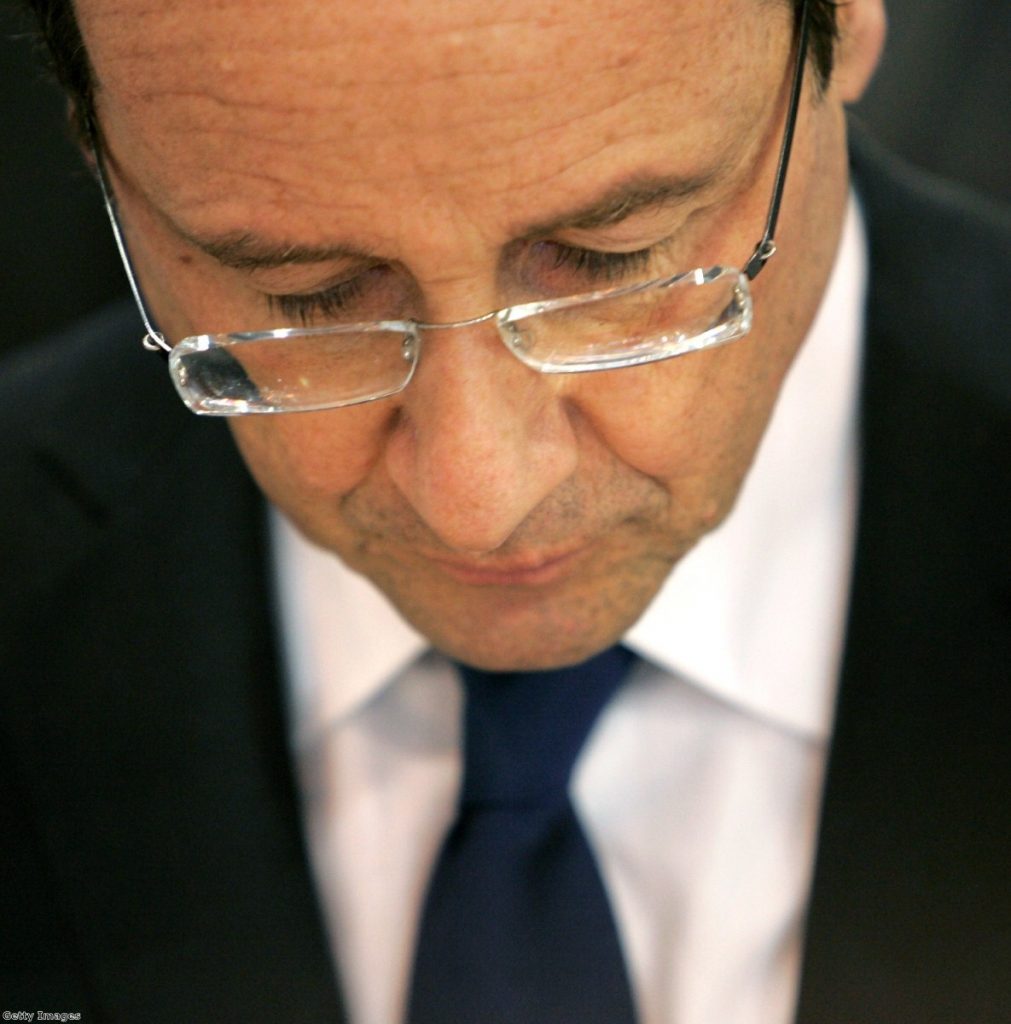Cameron authorises Mali bombing assistance: Is this the next Libya?
David Cameron authorised UK assistance to France in its military campaign in Mali last night, in a move which had overtones of operations in Libya and even Afghanistan.
Following a conversation on the phone with French president François Hollande, the prime minister said he would offer logistical military assistance to help transport foreign troops and equipment quickly to Mali, but that he would not deploy any British personnel.
"I am deeply concerned about the recent rebel advances in Mali, which extend the reach of terrorist groups and threaten the stability of the country and the wider region," Cameron said.
"I welcome the military assistance France has provided to the Malian government, at their request, to halt this advance."


Two RAF transport planes will be dispatched to bolster French capacity.
Hollande is also waiting on a request to the US for extra drones and help with aircraft refuelling. French drone stocks stand at just two.
The request is unlikely to be rejected. The US has publically mulled targeted strikes or special operations in Mali since last July, a few months after a military coup toppled the democratically-elected leader president Touré.
The weak central government then lost control of the northern regions of the country, which fell under the control of radical Islamist group Ansar Dine.
The group is accused of enforcing Shariah law, including stoning a couple to death for having children outside of marriage.
Tuareg rebels, who have long held a grievance against the Malian government, also have a foothold in the northern region of the country.
Many Tuareg armed fighters returned to Mali after the fall of Colonel Gaddafi, following a period working for the Libyan regime as security personnel.
Their return to the country triggered a separatist war and the creation of an unrecognised state of 'Azawad' on Malian territory.
Hollande's intervention in the former French colony – called Operation Serval – has an unspecified number of troops but Chad-stationed bombers launched raids on Friday to prevent Islamists marching south.
The French president says he is operating under a UN resolution authorising action.
Last month, the UN Security Council unanimously voted to give the African-led International Support Mission in Mali (AFISMA) a one-year mandate to install a 3,300-strong force to counter "terrorist, extremist and armed groups".
Cameron's offer of help to Hollande suggests the episode could go some way toward improving relations between the two leaders, which have been even more frosty than those between the British prime minister and Nicolas Sarkozy.
Cameron snubbed a Hollande visit before the French election campaign and then openly-backed Sarkozy, despite strong polling evidence he was on course to lose.
A better relationship between the two leaders could be useful as the UK tries to recalibrate its relationship with the EU, especially given the increasingly frosty rhetoric from Berlin.
The launch of a swift, targeted military campaign, with the UK and France in prominent roles, has strong overtones of the Libyan operation, where humanitarian concerns forced the hands of western leaders.
Thousands of people are understood to be fleeing northern Mali amid reports of human rights atrocities.
Tellingly, Cameron's rhetoric in justifying British contributions also had strong overtones of his arguments defending the Afghanistan campaign.
"I am deeply concerned about the recent rebel advances in Mali, which extend the reach of terrorist groups and threaten the stability of the country and the wider region," he said.
A Downing Street spokesman continued that trend when they said the French and British leaders wanted to "prevent a new terrorist haven developing on Europe's doorstep".
The Security Council is expected to discuss the Mali situation on Tuesday.

